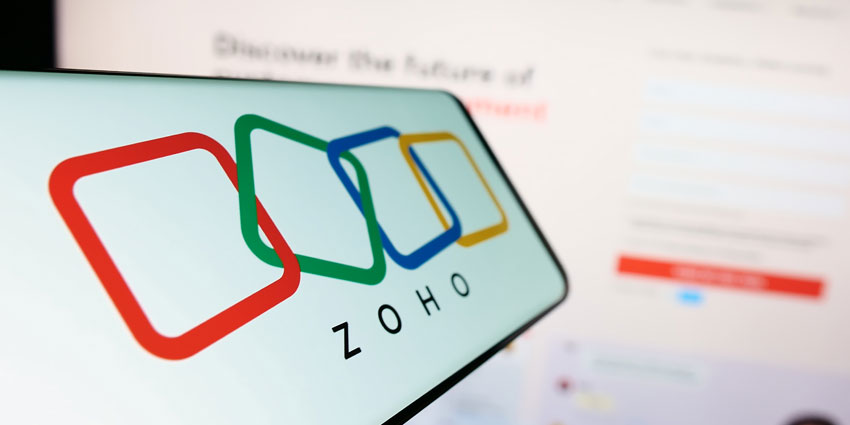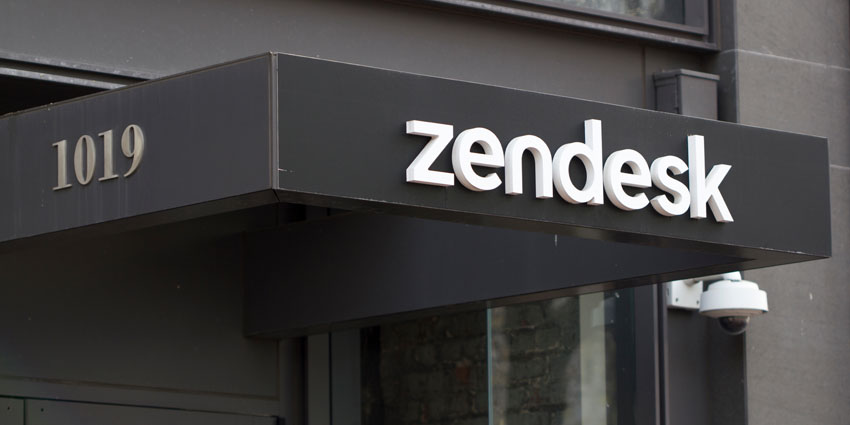Zendesk has announced an AI-specific pricing model.
The announcement builds on the “industry first” outcome-based pricing it unveiled in August.
Indeed, the company’s AI Dynamic Pricing Plan adds “market-first” flexibility to that model.
As such, businesses looking to implement AI within their Zendesk environments may optimize spending across various pricing models – such as outcome-based and seat-based – which will enable them to maximize returns on their AI investments.
Moreover, it aims to help users to adapt and scale their AI strategies at their own pace.
Zendesk argues that “traditional AI pricing models often limit adaptability”, whereas the Dynamic Pricing Plan allows users to leverage a combination of human and AI agents, with the capacity to alter their investments when/if needed.
In doing so, the vendor believes that it is equipping users with the tools to be more “responsive” to an ever-changing business and customer landscape.
When discussing the launch, Tom Eggemeier, CEO of Zendesk, detailed how the strategy outlined the company’s commitment to automation and AI – predicting that within a few years, “100% of interactions will involve AI.”
“With this in mind, we want to give our customers the freedom and flexibility to adopt AI and automation at a pace that best suits their business needs,” he continued.
The AI Dynamic Pricing Plan allows our customers to adjust as they learn and refine their approach to service without being constrained to one setup.
Interestingly, the latest announcement marks the second time this year that Zendesk has sought to differentiate itself from traditional pricing models.
Breaking Tradition
With the CRM space becoming more and more competitive, vendors have begun experimenting with their pricing strategies to provide potential customers with a point of difference.
This has certainly been the case for Zendesk, with its outcome-based model only charging users for issues resolved autonomously by its AI agents.
The company believes that this system provides its customers with enhanced flexibility, transparency, and scalability.
In addition, the approach provides customers with superior insights into and understanding of the value that their AI solutions deliver.
It is this focus on AI that Keith Dawson, Director of Research for Customer Experience at ISG Software Research, believes is particularly pertinent when it comes to pricing:
The advent of AI and automation has transformed the traditional pricing model, as companies embrace outcome-based pricing that shows a direct link between AI and ROI.
“However, as businesses adopt AI, they want to be able to adjust without the potential risk of extra costs or complex commitments. Zendesk’s pricing model aligns with the market trend of companies seeking a way to explore AI and automation with the added flexibility.”
The New Normal
Interestingly, the announcement of Zendesk’s new model follows pricing strategy news from one of its competitors, HubSpot.
During HubSpot’s Q3 earnings call last week, the company highlighted the success of its new pricing model, which helped increase its global customer base to 238,000 – a net gain of 10,000 customers, reflecting 23 percent year-over-year growth.
CEO Yamini Rangan credited the pricing strategy for driving new business.
The model includes reducing seat prices, removing the minimum seat requirement for Service and Sales Hubs, and introducing two new options: “Core” seats, with full data-editing and AI capabilities, and free “View-Only” seats, which offer visibility without data-editing or AI access.
The likes of Zoom and Odigo have also recently announced changes to their pricing models, highlighting a growing industry trend of offering customers greater flexibility.
More News from Zendesk
Zendesk recently launched an AI Agent Builder in a major platform update, enabling customer service teams to create “AI Agents” through natural language prompts.
For example, entering a description like “A customer wants to return a product” allows the tool to generate an AI agent framework, which users can then review, test, and deploy.







